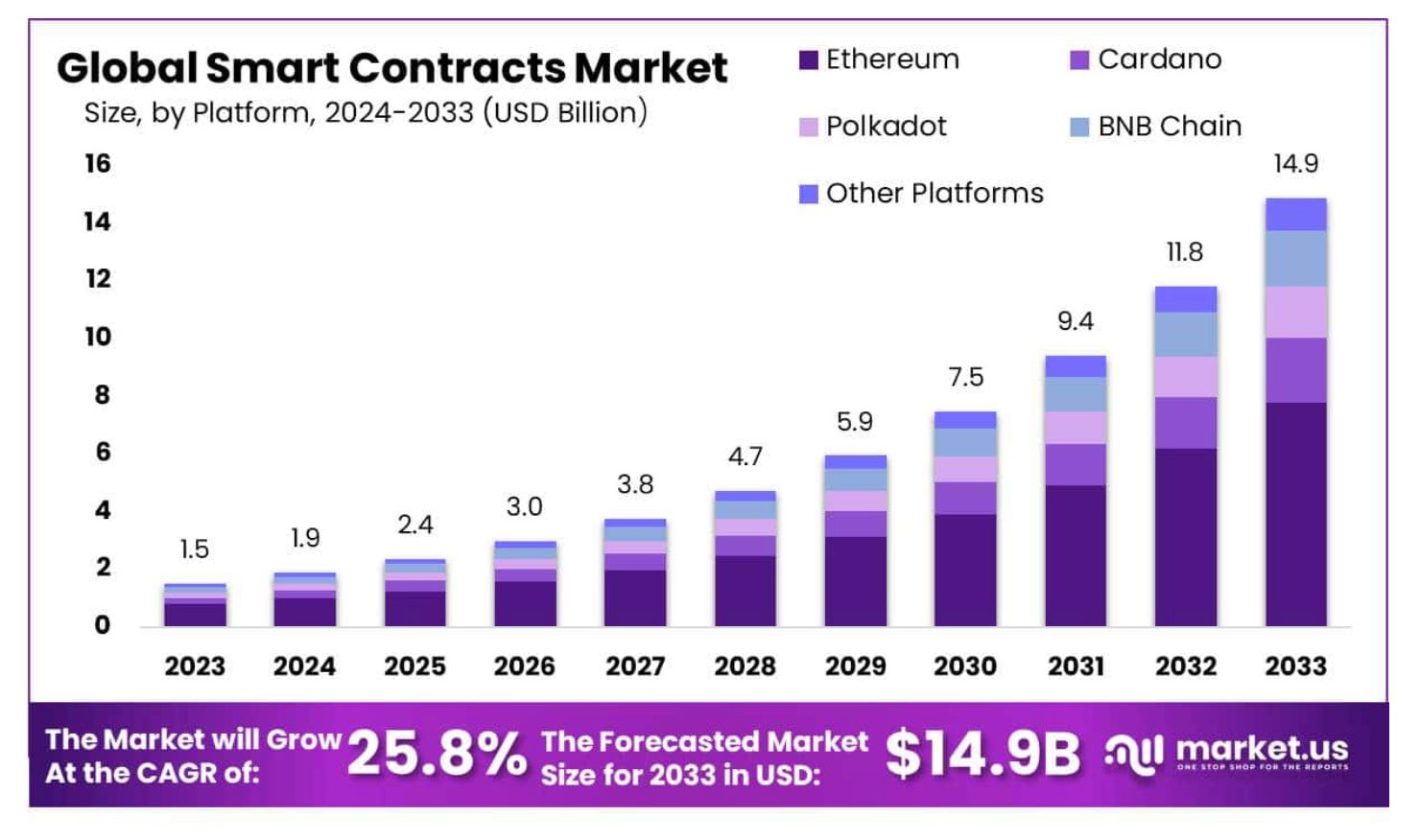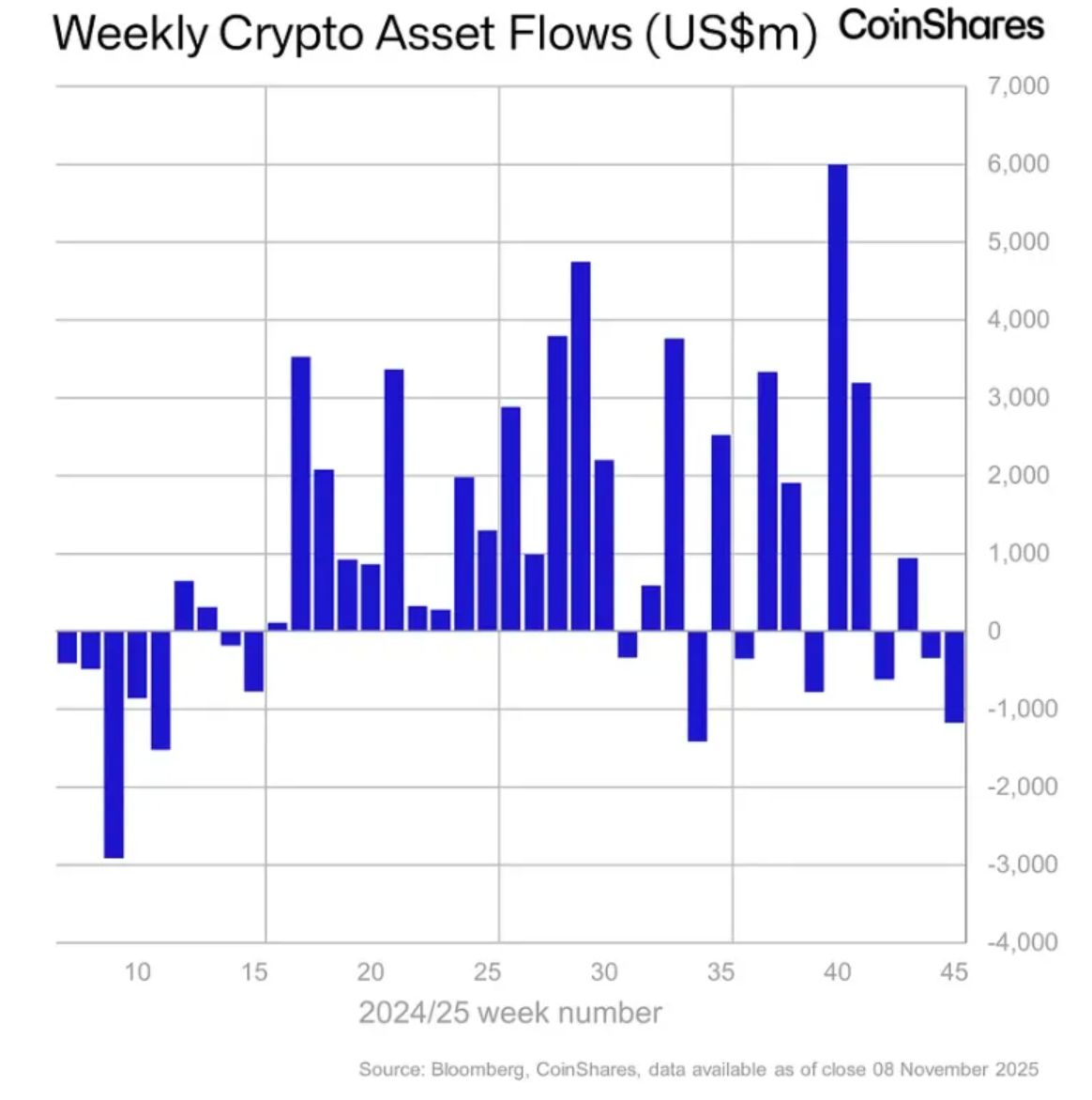DeFi’s November Nightmare Exposes Critical Risk For The Crypto Ecosystem
$220 million lost in a day as Balancer and Stream hacks expose DeFi’s composability risks and spark urgent calls for stronger, transparent safeguards.
It could be labeled as crypto’s November Nightmare. DeFi protocol Balancer was exploited to the tune of $128 million. Also, Stream Finance announced a loss of $93 million, leading to the depegging of its xUSD stablecoin. Both occurred on November 3.
Decentralized finance is susceptible to risks, which can cascade into further systemic problems. And those problems could be severe – over $150 billion in value is currently locked into DeFi.
Which begs the question: How much does the loss of over $220 million in one day bring into question the long-term risks that DeFi poses to the crypto ecosystem?
Smart Contract Composability
Several experts told BeInCrypto that smart contracts are likely the main culprit behind the Balancer Hack.
“From a technical standpoint, these attacks stemmed from vulnerabilities in the smart contracts themselves, which hackers exploited to drain liquidity pools,” said Tim Sun, Senior Researcher at financial services firm HashKey Group. “This highlights a deeper issue, even mature and previously audited protocols remain exposed to risks under complex contract structures.”
Smart contracts, which are self-executing functions that allow DeFi to operate autonomously, are still relatively new.
It wasn’t until the live release of the Ethereum network in 2015 that smart contract programming on a blockchain became possible. The smart contract sector itself is expected to grow 10x over the next decade.
 The global smart contract sector is expected to be almost $15 billion by 2033. Source:
Market.us
The global smart contract sector is expected to be almost $15 billion by 2033. Source:
Market.us
In addition, various functions across protocols require smart contracts to work together in tandem, a term in the industry known as “composability”.
Essentially, smart contracts are like money Legos. Each contract is a piece of Lego or building block that powers a DeFi protocol. So, systematic problems can occur if the foundations are not strong.
“The Balancer exploit is another reminder of how DeFi’s composability, its biggest strength, also creates complex interdependencies that amplify risk,” noted Mark Peng Zho, General Partner at crypto VC firm Mireafund.
Stop Versus Start
The biggest difference between Balancer’s exploit and the Stream losses is what happened to the two projects afterwards.
“In the case of Balancer, the protocol was able to absorb the initial impact of the exploit and continue operating while the team implemented a recovery plan,” said Natalie Newson, senior investigator at blockchain security firm CertiK. “On the contrary, Stream had to stop operating due to insolvency, and, given that the project had borrowed assets on several other platforms, the impact was felt on a much larger scale.”
During the past 24hrs we have heard concerns around Stream Finance' xUSD.Elixir has full redemption rights at $1 with Stream for its lending position. We are the only creditor with these 1-1 rights.deUSD remains fully backed and Elixir is beginning the process of unwinding…
— Elixir (@elixir) November 3, 2025
DeFi is supposed to operate 24/7 and automatically.
So, when Stream decided to temporarily suspend deposits and withdrawals, the xUSD stablecoin lost 77% of its value.
It didn’t help that a counterparty to xUSD, Elixir, had a behind-the-scenes deal in place with Stream to redeem xUSD at a 1:1 ratio. It’s time for more transparency from projects like Stream, which claims in its marketing to be a DeFi “superapp”.
Crypto community members were making noise before the November Nightmare about Stream Finance.
xUSD has ~$170M backing it on-chain.They’re borrowing ~$530M from lending protocols.That’s 4.1x leverage. On many illiquid positions.This isn’t yield farming.This is degen gambling.Stay away from this.Don’t touch Morpho / Euler vaults tied to this trash.
— CBB (@Cbb0fe) October 28, 2025
There will need to be more clarity from DeFi protocols like Stream in the future. “What this triggers is a shift from blind composability to accountable composability,” said Sid Sridhar, founder of the stablecoin protocol of Bima Labs.
“We’re going to see protocols that isolate risk at the vault level, implement circuit breakers, use validator-governed insurance and publish live proofs of solvency.”
Market Reactions To DeFi’s November Nightmare
It wasn’t long ago that Ethereum scion Vitalik Buterin discussed the concept of “low-risk DeFi” to gradually introduce blockchain to TradFi.
Perhaps Buterin suspected that there were still issues with DeFi security, composability, and transparency.
That may be the case until the sector reaches greater maturity, when instead of one-off security audits, they are conducted regularly.
A form of real-time monitoring may be necessary, similar to traditional centralized systems that focus more on offense rather than defense.
“These vulnerabilities will drive the industry to upgrade its security architecture, making continuous and high-frequency smart contract audits the norm,” noted HashKey Sun.
 Over $1 billion in outflows occurred the week of the exploits (last bar). Source:
CoinShares
Over $1 billion in outflows occurred the week of the exploits (last bar). Source:
CoinShares
Nevertheless, traders will be on the lookout for instabilities such as DeFi exploits for opportunities to profit.
Of course, capital inflows signal buy, but capital outflows mean selling, and for a market opportunist, a short-oriented trading situation on the downside.
“While such incidents will not end the DeFi sector, in the short term they will trigger capital outflows, loss of trust, and liquidity contraction,” added Sun. “Traditional finance took a century to learn how to price counterparty risk and manage settlement safely,” said Bima’s Sridhar. “DeFi will get there in a fraction of the time, but in code instead of regulation.”
Disclaimer: The content of this article solely reflects the author's opinion and does not represent the platform in any capacity. This article is not intended to serve as a reference for making investment decisions.
You may also like

Brad Garlinghouse of Ripple sees progress in US cryptocurrency bill.

Germany Pulls Troops from Greenland After US Tariff Move
Scandal in an Altcoin Project: Developers Allegedly Transferred Funds Raised to Prediction Markets – Statement Released
